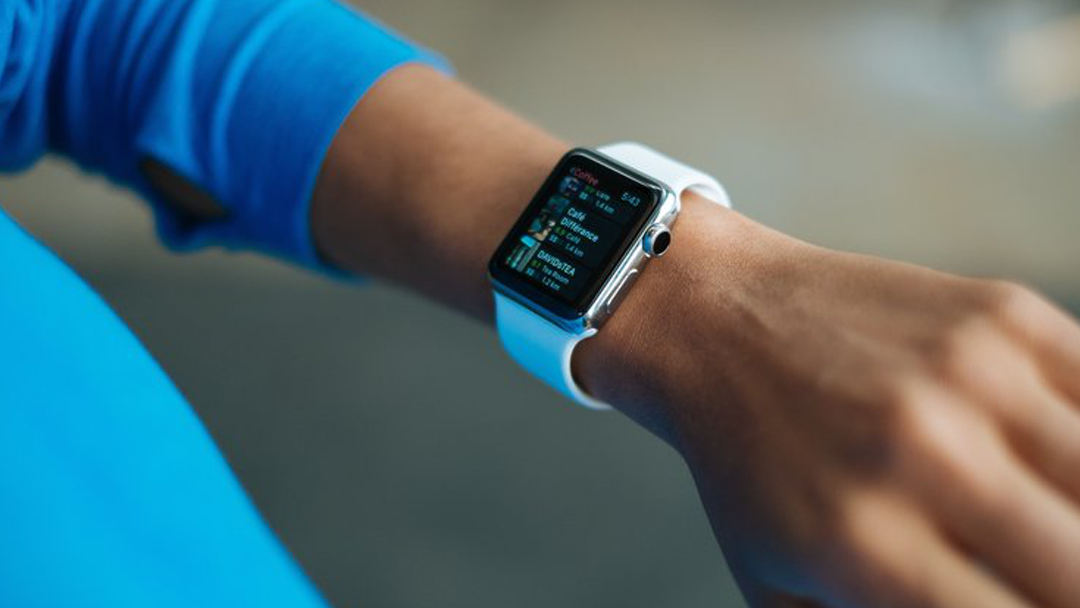Due to the impact of remote working, the need for organisations to understand how to support all employees is higher than ever. Due to this need, diversity, equity, gender, race and inclusion has come into the spotlight in the last year. There are many ways in which this can manifest in a workplace but the most recognised way to put employee concerns on the agenda is through employee resource groups. We will be talking specifically about how to successfully set up a women’s group.
DETECT CONDITIONS WITH TECHNOLOGY
Technology allows employers to track and test whether employees are smoking, walking or feeling motivated to move. The US is started to take control of their health. Partnerships with wearable technology firms, healthcare businesses, insurance providers and American companies are allowing employees to receive cash rewards for giving up smoking or walking 10,000 steps every day. Testing sits alongside wearables in its importance to provide useable, scalable metrics to analyse whether a participant is or is not smoking, for example. A medical test can detect underlying conditions that may otherwise lie undiscovered for years or potentially until fatal. Programmes like Zensy offered by Cigna healthcare rewards users for reaching milestones like eating a healthy dinner at home four times a week versus eating out. Under schemes currently used in the US, points earned from a program or fitness tracker can be converted into points, uploaded onto gift cards or high scoring contestants are entered into competitions, if a company isn’t in a position to offer cash rewards en masse.
CASH INCENTIVES
After years of uncertainty from the opposition and general public towards Obama’s healthcare reform, wearable technology is changing the outlook for employees, patients, tech developers, medical professionals and wellness advocates. Health insurance giant UnitedHealth Group are working with wireless technology leader Qualcomm to offer cash rewards to motivate employees – who are wearing the Trio Tracker wearable technology device – to get moving. Psychologically, money can be a powerful incentive. The second phase of development could see employees rewarded with a maximum of $1,460 cash each year for reaching milestones from steps walked, to specific achievements accomplished within a time frame. Affordability, accessibility and analysis – what to do with the data – is fundamental for a scheme such as this to be successful. An element of competition could be introduced independently by an organisation to add further incentive to employees to own their health.
PAID TO STOP SMOKING
A study released in May 2015 asked smokers to wage their own money on whether or not they could quit. The money available to those who successfully stopped smoking was persuasive, but the numbers willing to invest in themselves, were low. Financial incentives from an employer offer only a positive outcome – cash rewards. A guaranteed reward, differs vastly from a ‘chance to win’ and medical tests can be performed regularly to check the success or failure of an employee’s decision not to smoke and accept reward money for their health conscious choice. Benefits consulting company Mercer reported in 2014 that 21 percent of large employers in the US offered financial incentives to those quitting smoking or not starting. So, what is the test? Nicotine screening tests accurately assess the presence of the chemical on participants. Additional health indicators like cholesterol can also be considered for conclusive results or if further proof was requested.

